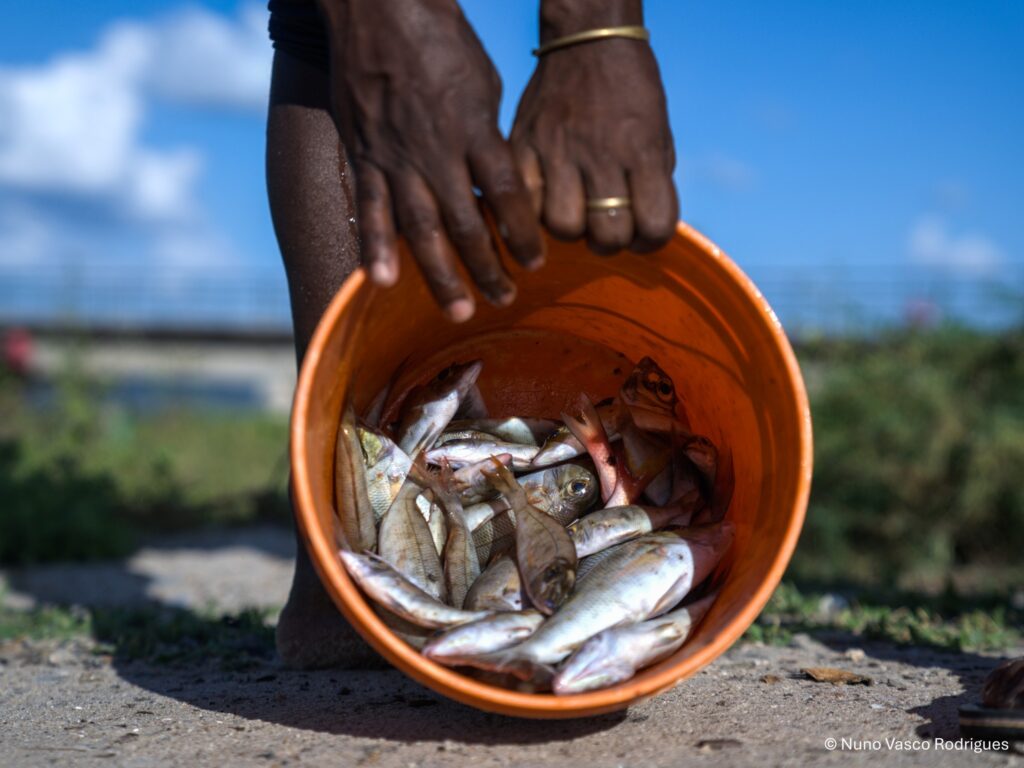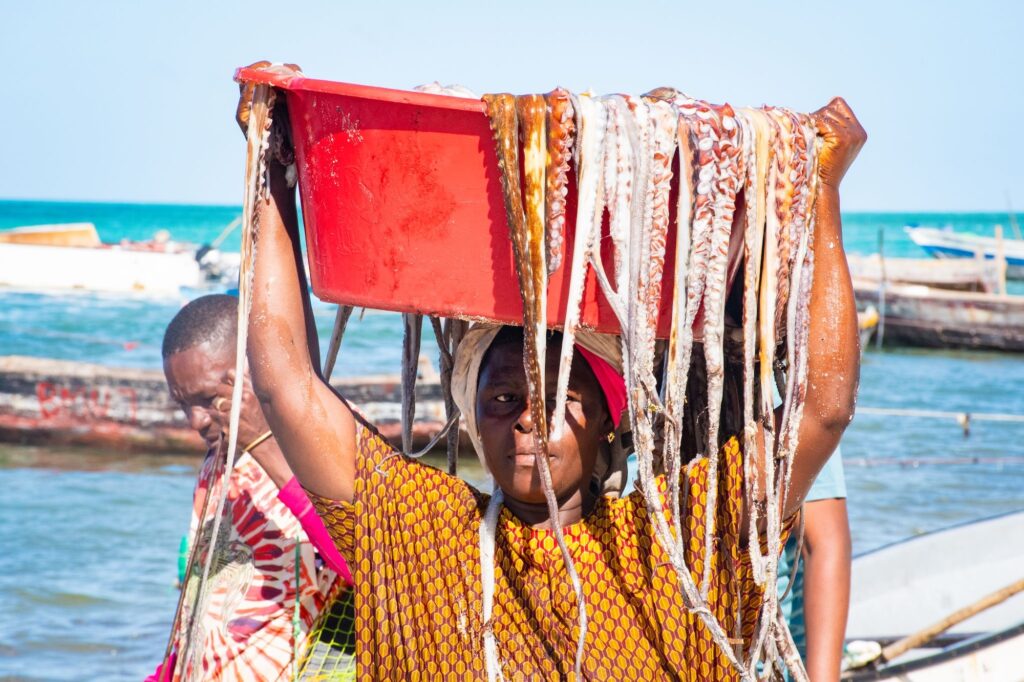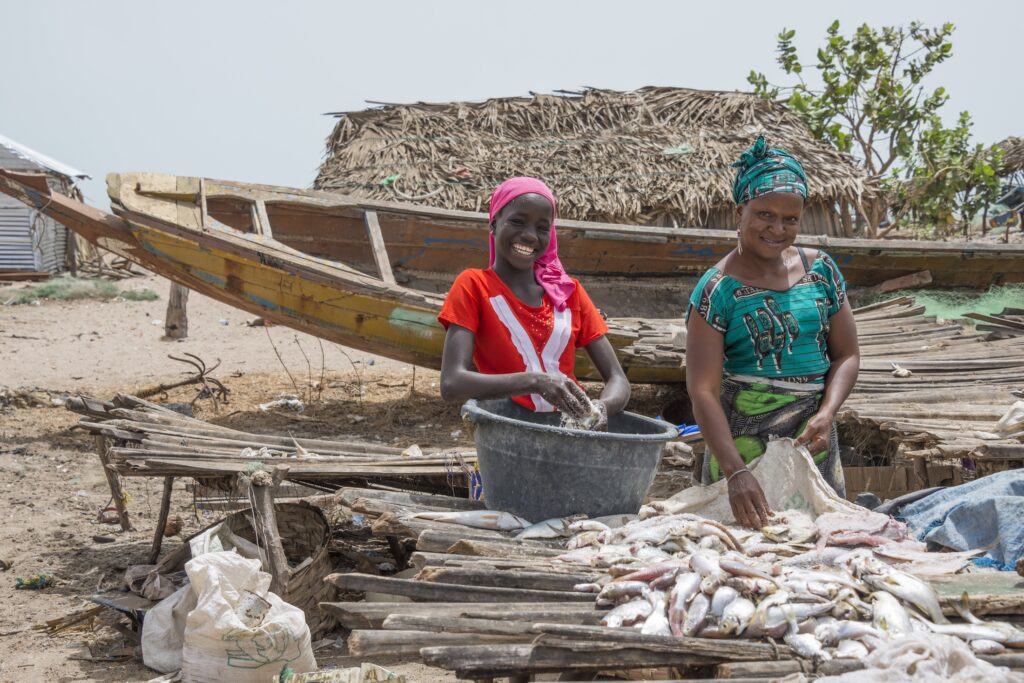As the year draws to a close, we look at why funding initiatives like OCEAN are an important part of tackling climate change.
The 2024 United National Biodiversity Conference (COP 16) and the United Nations Climate Change Conference (COP29) took place within days of each other last month. What impact will these conversations have on the way we tackle climate change to better protect the ocean and reduce poverty in coastal communities?
Approximately three billion people rely on the ocean[1], with those in developing countries particularly dependent on the ocean for their food and livelihoods. Women make up almost half of the global fishing workforce and are therefore particularly vulnerable to the serious and increasing threats from over-exploitation, pollution, biodiversity loss and climate change. In May this year, a report from the BBC showed that the world’s ocean is no longer Earth’s ‘get-out-of-jail card’ when it comes to climate change. The profound impacts of rising sea levels and temperatures continue apace, from coral reef degradation and declining fish stocks, to land loss and economic hardship.
2025 will mark the mid-way point in the implementation of the UN Decade of Ocean Science for Sustainable Development (2021-2030) and already the initiative has galvanised hundreds of organisations to take action. We know community-led initiatives have huge potential to make a positive impact and the Ocean Community Empowerment and Nature Programme (OCEAN) is one of these.
We were delighted that so many of these inspiring projects submitted proposals during our first application round earlier this year and in November, we announced our first 20 grants spanning 13 countries across five continents.
As a competitive grant initiative, we can’t fund every project that applies. We do recognise the hard work and effort that goes into every application. We offer support including ‘how-to’ webinars and written guidance on our financial and monitoring and evaluation requirements throughout the application process. Every applicant also receives detailed written feedback to highlight the positives and areas for improvement within their application incase organisations wish to reapply in future funding rounds.
So what’s next? The second Annual Application Round for OCEAN opens on 6 January 2025. This time around, we will be prioritising projects that put gender equality, disability and social inclusion (GEDSI) at their centre. We are committed to learning and based on feedback from Round 1, and will be relaunching our guidance for Round 2 with the aim of making things simpler where possible.
Interested? Now is the time to check your eligibility and start getting ready before the application windows open. To help you get started, we have created a new Essential Guides for Community Grant and Partnership Grant applicants and have also answered some frequently asked questions. We also have a dedicated helpdesk to help with enquiries. While we are unable to comment on the technical content of your project ideas or review draft applications, we are happy to answer your questions about the application process. Finally, don’t forget to sign-up to our newsletter for further updates and invites to our upcoming webinars in the New Year.
Clare Gorman is the Learning and Communications Manager for OCEAN.
Image: Francesco Ungaro/Pexels
Este blog se ha escrito utilizando un traductor automático. La OCEAN pide disculpas por las posibles imprecisiones causadas en el proceso.
[1] https://unstats.un.org/sdgs/report/2021/goal-14/



